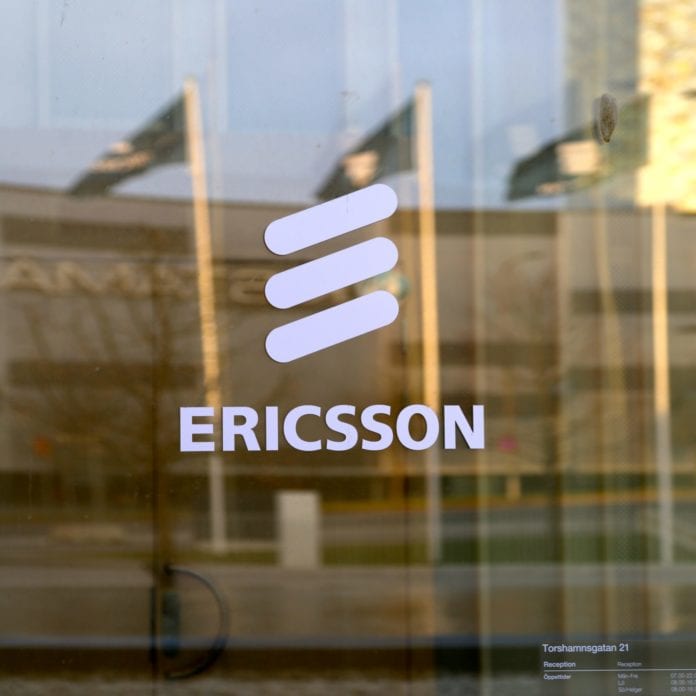Open RAN Policy Coalition launched this week with key operator members
In examining the long arc of open radio access networks, the focus of groups like the O-RAN Alliance and Telecom Infra Project has been on developing open standards and interfaces, then proving that technology out through trial activity. Phrases like shifting network economics and fostering vendor competition and innovation are recurring talking points.
But now an issue that has been bubbling below the surface has become front and center with the launch this week of the Open RAN Policy Coalition–what is the role of governments in providing policy guidance beyond the typical machinations of spectrum auctions and enforcing the rules of the airwaves?
In a statement, Open RAN Policy Coalition Executive Director Diane Rinaldo said, “As evidenced by the current global pandemic, vendor choice and flexibility in next-generation network deployments are necessary from a security and performance standpoint. By promoting policies that standardize and develop open interfaces, we can ensure interoperability and security across different players and potentially lower the barrier to entry for new innovators.”
The founding companies are: Airspan, Altiostar, AWS, AT&T, Cisco, CommScope, Dell, DISH Network, Facebook, Fujitsu, Google, IBM, Intel, Juniper Networks, Mavenir, Microsoft, NEC Corporation, NewEdge Signal Solutions, NTT, Oracle, Parallel Wireless, Qualcomm, Rakuten, Samsung Electronics America, Telefónica, US Ignite, Verizon, VMWare, Vodafone, World Wide Technology, and XCOM-Labs.
Note the absence of the big three network infrastructure vendors Ericsson, Huawei and Nokia. Their business models, perhaps reductively stated, depend on providing end-to-end technology stacks, pretty well antithetical to the goals of the open RAN movement.
So what does Ericsson make of all this? RCR Wireless News asked and Ericsson provided the following statement, reproduced here in full.
“Ericsson is committed to providing its customers leading-edge technology, offering the most competitive wireless networking solutions in the industry. The robustness and performance of these networks have been proven as critical national infrastructure during the global pandemic. We believe in openness and that product architecture needs to evolve to support open interfaces and a multitude of use cases in the future. For example, we are complementing our high-performing solutions with additional virtual radio access network solutions this year.
“This evolution needs to be based on open standards and the strong foundation built by 3GPP, which has enabled the most widely adopted global technology with over 8 billion mobile subscriptions. 3GPP is also unique as anyone can enter on FRAND terms. This has led to a highly competitive and consolidated RAN market. Similar consolidation can also be observed in other parts of the industry, including operations systems, chipsets and devices. Furthermore, Ericsson is actively contributing to O-RAN and ONAP to further spur innovation, bringing forward global scale with a strong ecosystem.
“We believe in open and fair competition. To stay ahead in the 5G race, the U.S. and other governments should maintain their market-based approaches through technology-agnostic policies. The focus of policy makers needs to be on speeding up 5G deployment through spectrum allocation and removing network deployment barriers. The American ecosystem is critical for 5G, spanning all the way from silicon to applications, and Ericsson is partnering with all the main players. Ericsson is committed to work with all relevant players and alliances in the industry to innovate at global scale for the benefit of the whole industry.”
For more information on this, check out Jim Patterson’s recent column where he poses the question, “Is Microsoft the new Ericsson?” And check out this interview with Parallel Wireless CEO Steve Papa where he discusses the role of government in terms of 5G and market interventions.

